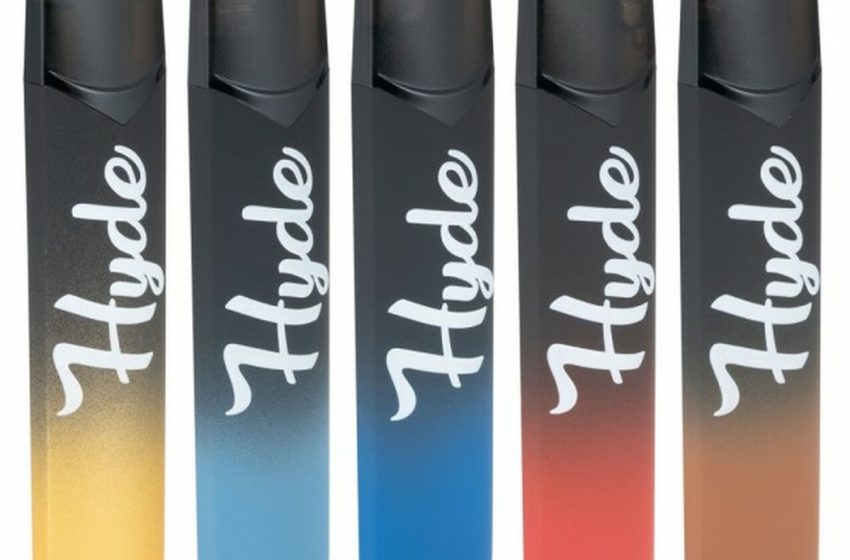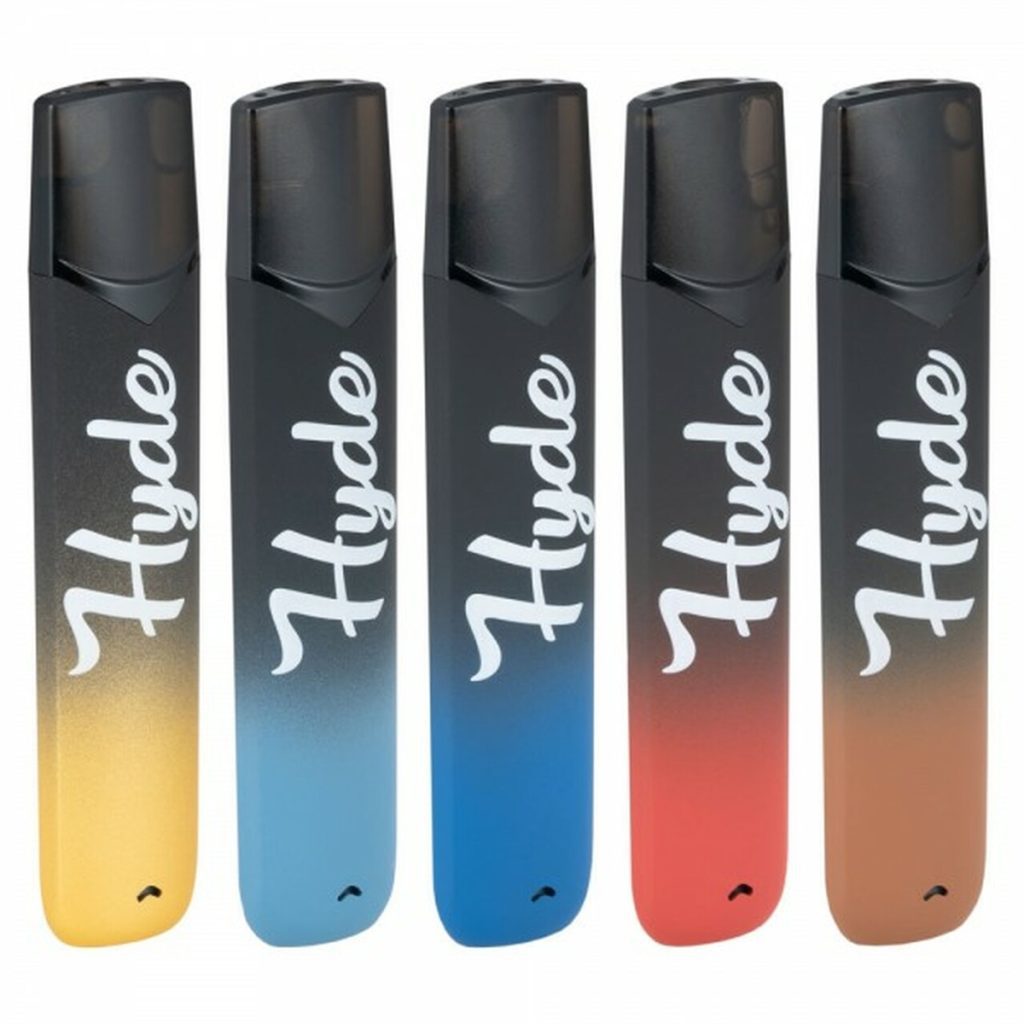
Legislation that would establish new fines, fees, and regulations related to the vaping industry in the U.S. state of Alabama wasn’t voted on by the state’s Senate after a lengthy discussion on the bill Thursday.
The legislation was ultimately carried over at the call of the chair and could come up again on the Senate floor on Tuesday, the final day of the legislative session. The bill passed the House on May 16 by a margin of 100-1. State Rep. Arnold Mooney (R-Indian Springs) was the lone ‘no’ vote.
House Bill 319 (HB 319) by State Rep. Barbara Drummond (D-Mobile) and State Sen. Garlan Gudger (R-Cullman) makes it illegal for retailers to sell all vape products to youth under 21, makes it illegal for youth under 21 to purchase, use and possess and transport all vaping products; requires all vape products to be placed in an area not accessible to individuals under 21, identifies and regulates the specialty retailers of electronic nicotine, and creates a tobacco licensing and compliance fund for tobacco and nicotine prevention, education and operational costs.
The bill is opposed by public health groups such as the American Cancer Society, American Lung Association, and the American Heart Association due to the legislation continuing to “allow the tobacco industry and its retailers to run rampant across Alabama,” according to a letter from those groups and others sent to lawmakers on May 11.
Gudger told reporters on Thursday, “There’s different organizations and associations that are opposed to our anti-vaping bill for the fact that you have to be 100 percent all for what they want or nothing at all.”
Under the legislation, manufacturers wishing to sell vaping products in Alabama would have to state in writing to the state under the penalty of perjury that the product does not contain any synthetic nicotine or “nicotine derived from a source other than tobacco.”
Jon Roundy, a vape shop owner and chief information officer with Breathe Easier Alliance of Alabama, an advocacy group that represents vaping retailers and consumers, told 1819 News in an interview on Friday that the legislation as written unfairly burdens small vapor companies and “big tobacco continues to sell their products indiscriminately without facing similar restrictions.”
“If this bill were to pass in its current state, I would be out of business in under ninety days and have no idea how I would pay back the federal (Economic Injury Disaster) loan I took out to save our company during (Covid-19),” Roundy said. “We purchased legal product during that time which the state will essentially make illegal. If they pass this, we’ll go bankrupt.”
Roundy said the “bill removes consumer choice.”
According to a fiscal note on the legislation, the bill would increase personnel and inspection costs of the Alcoholic Beverage Control (ABC) board by a minimum of $805,000 annually. Those costs would be offset by a minimum of $900,000 annually in new receipts to the Tobacco Licensing and Compliance Fund created by the bill for operational costs and prevention education.
The funding would come from $50 one-time filing fees, $150 annual permit fees, and $50 transfer fees, receipts from new and increased fines, penalties, and fees levied by the legislation.
The bill would also increase revenue to the Public Safety Fund by a minimum of $300,000 annually from new permit fees in the legislation.
State Sen. Tim Melson (R-Florence) said on the Senate floor on Thursday he’d be voting against the bill until he gets more information.



















